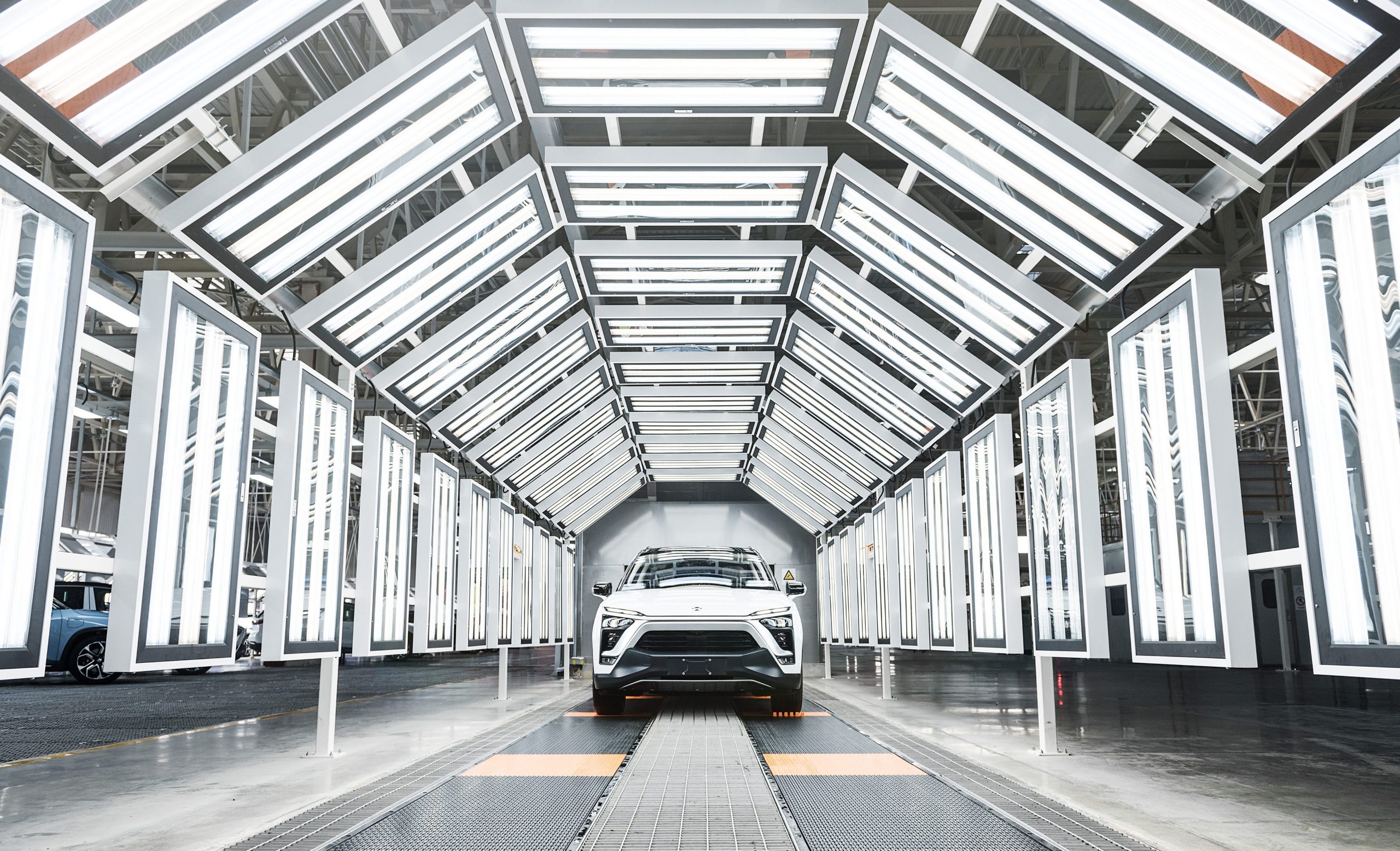
VCG/Getty Images
- Nio stock leaped over 5% on Friday after Nomura initiated coverage with a “buy” rating.
- Analyst Martin Heung called Nio the “heir apparent in China’s electric vehicle world.”
- The analyst gave the company a price target of $80.30, implying a potential 30% upside for the name.
- Sign up here for our daily newsletter, 10 Things Before the Opening Bell.
Nio stock leaped over 5% on Friday after Nomura initiated coverage of the Chinese EV giant with a “buy” rating and a price target of $80.30.
Nio trades around $61.50 per share, implying a potential 30% price increase if Nomura’s predictions are correct.
In the note, Nomura analyst Martin Heung lauded Nio, calling the company the “epitome of a Chinese luxury brand” and the “heir apparent in China’s electric vehicle world.”
The analyst argued the company’s “Tesla-like top-down approach in launching its EV pipeline” would lead to success in China.
Nio started out in the EV industry by focusing on its more expensive and profitable luxury flagship, the model ES8, similar to how Tesla once did with its Tesla Model X and Roadster years ago.
Once the company has built a runway for profitability, it plans to transition to selling more "consumer-friendly models and variants," like the ES6 and EC6.
The company is now set to outperform other domestic automakers, which are "often associated with poor quality and tackiness," according to Nomura.
Analyst Martin Heung said Nio is perfectly positioned to service the 250,000 yuan to 350,000 yuan ($38,500-$54,000) price range in China-a sweet spot of the mid-to-high-end EV market.
Heung also noted Nio's batteries-as-a-service program is a "revolutionary concept" that lowers up-front costs and creates a long-lasting revenue stream for the company.
Revenues at the Chinese EV manufacturer continue to rise dramatically despite consistent earnings losses. In the third quarter of 2020 alone, Nio saw a 146.4% year-over-year revenue boost, according to the company's SEC filings.
The impressive revenue growth makes the fact that Nomura used a 25% discount from Tesla's current price to sales ratio of 26 to arrive at its valuation even more impressive.
Nio currently boasts 13 "buy" ratings, seven "neutral" ratings, two "sell" ratings from analysts with an average price target of $61 per share.
